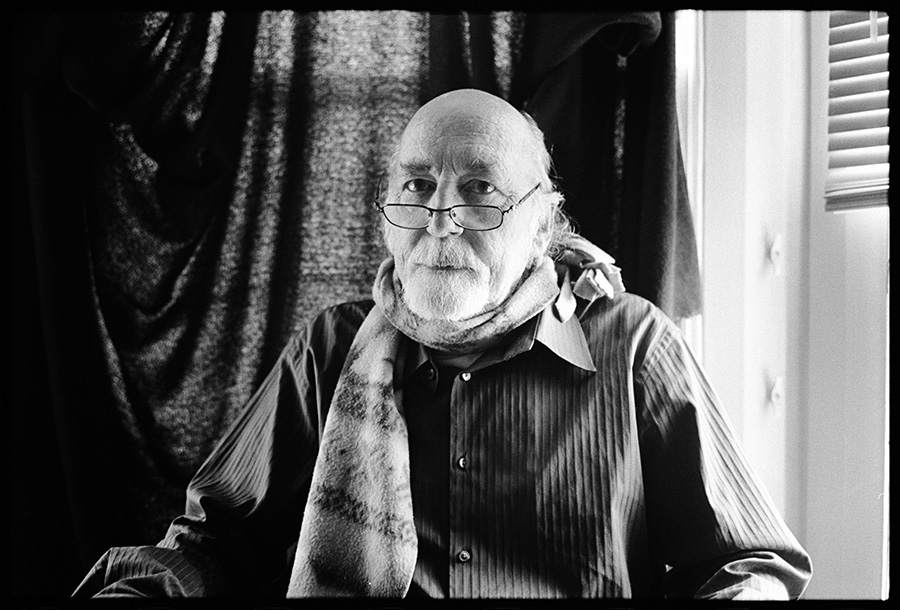William Radcliffe Baker is a poet and playwright who lives in San Francisco. I met him soon after I arrived in the Bay . . .
W.R. Baker: The outsider


William Radcliffe Baker is a poet and playwright who lives in San Francisco. I met him soon after I arrived in the Bay . . .